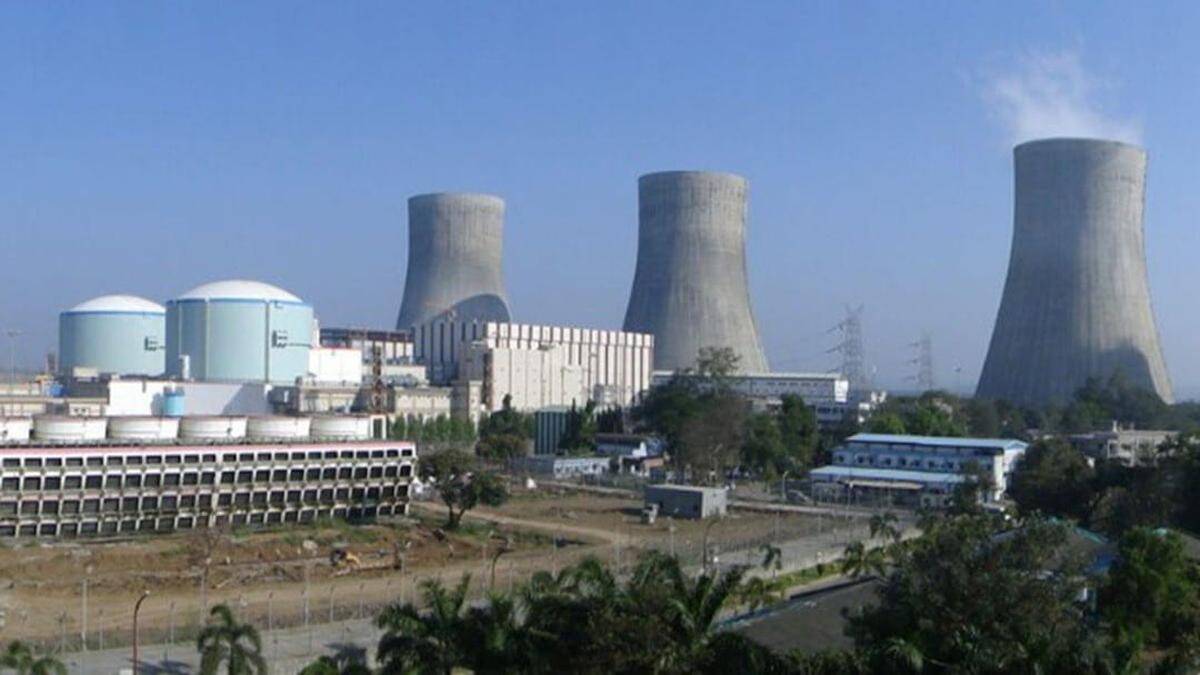
Kakrapar-4 nuclear reactor attains criticality Premium
The Hindu
The KAPP-4 700-MWe nuclear power reactor in Kakrapar, in Surat, attained criticality on December 17, 2023. It is the NPCIL’s largest indigenous reactor.
The fourth unit of the Kakrapar Atomic Power Project (KAPP-4) in Gujarat, with 700 MWe capacity, started controlled fission chain reaction and thus became critical at 1.17 am on December 17. Kakrapar is situated about 80 km from Surat.
The 700 MWe units are the largest indigenous nuclear power reactors to be built by the Nuclear Power Corporation of India Limited (NPCIL), a public sector undertaking of the Department of Atomic Energy.
The 700-MWe unit-3 of KAPP started generating commercial electricity from August 30.
These reactors are pressurised heavy water reactors (PHWRs), which use natural uranium as fuel and heavy water as coolant and moderator.
The NPCIL is already operating indigenous PHWRs with 220 MWe and 540 MWe capacity at other facilities.
The reactor’s first criticality was ascertained after it met all the conditions set out by the Atomic Energy Regulatory Board (AERB), India’s nuclear safety watchdog.
B.S. Pathak, Chairman and Managing Director of NPCIL, was present in the station’s control room with the site team when KAPP-4 was commissioned, per an NPCIL press release. He congratulated the NPCIL employees and called the criticality of KAPP-4, happening within six months of commercial operation of unit-3, a significant achievement.

Thomas Jefferson and Abraham Lincoln are two of the greatest presidents that the U.S. has seen. You probably know that already. But did you know that Jefferson made what is considered the first contribution to American vertebrate paleontology? Or that Lincoln is the only U.S. president to receive a patent? What’s more, both their contributions have March 10 in common… 52 years apart. A.S.Ganesh hands you the details…












